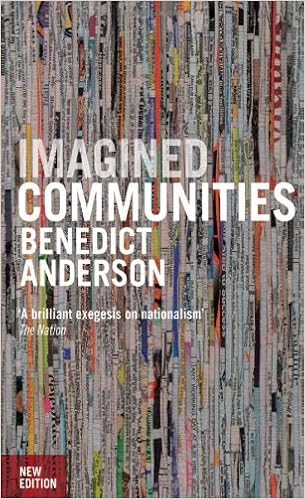What is it about?
The book discusses the nature and emergence of nationalism, and then proceeds to discuss several empirical cases around the world. The basic argument of the book - put forth quite early on, is that nations are socially constructed entities where vernacular language and mass communication have a significant role. The argument is well developed and compelling.
Was it good?
Yes and no. The first - more conceptual - part of the book where the basic argument is developed is very interesting, reads quite fluently and exhibits clarity of thinking. However, there onwards the author proceeds to discuss empirical cases of nationalism and nation-building, which appears to jump from case to case in no particular order. Therefore at least for me the empirical discussion was quite laborious to follow; there seemed to be no clear read thread to organize the empirical discussion. Thus, if I were to read the book again, I would only read the conceptual part.
The main take-away for me?
Clearly, the notion of a nation as being socially constructed - 'imagined' - was the main take-away, and lead me to constantly apply this notion to my national context, Finland, where it undoubtedly makes sense. However, perhaps the more important take-away for me was that it lead me to more explicitly consider also other social phenomena as 'imagined', or socially considered. They are, once you look at them in this manner, everywhere.
Who should read the book?
If one considers the whole book, perhaps it would be of most interest to 'hard core' social scientists. However, the first conceptual part would be interesting to, I believe, nearly everyone if the scholarly writing style does not bother too much.
The book on Amazon.com: Imagined Communities

No comments:
Post a Comment